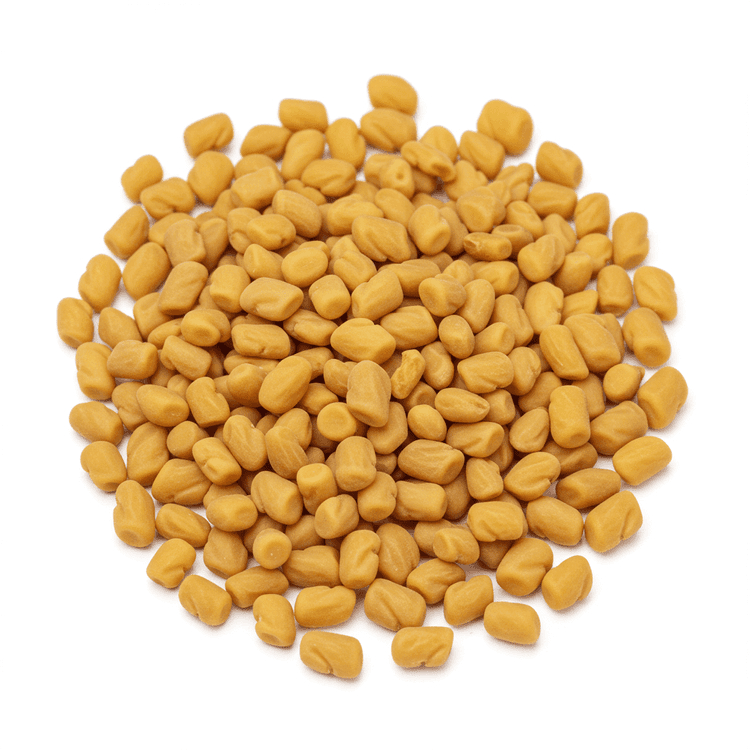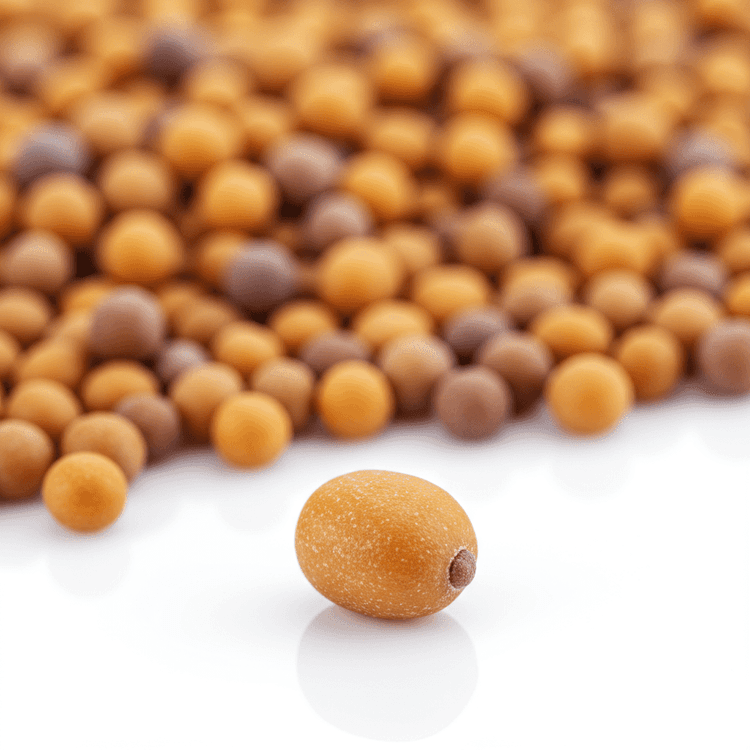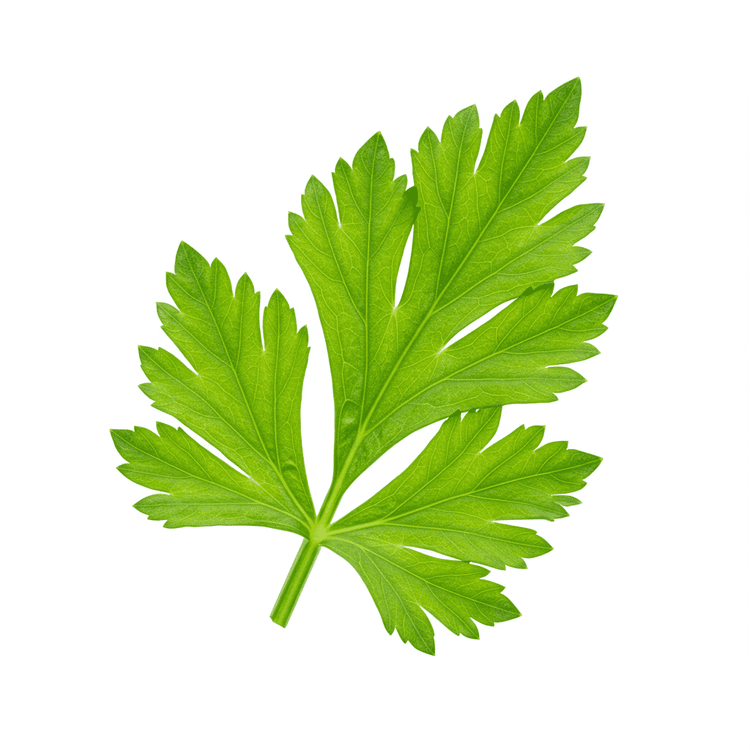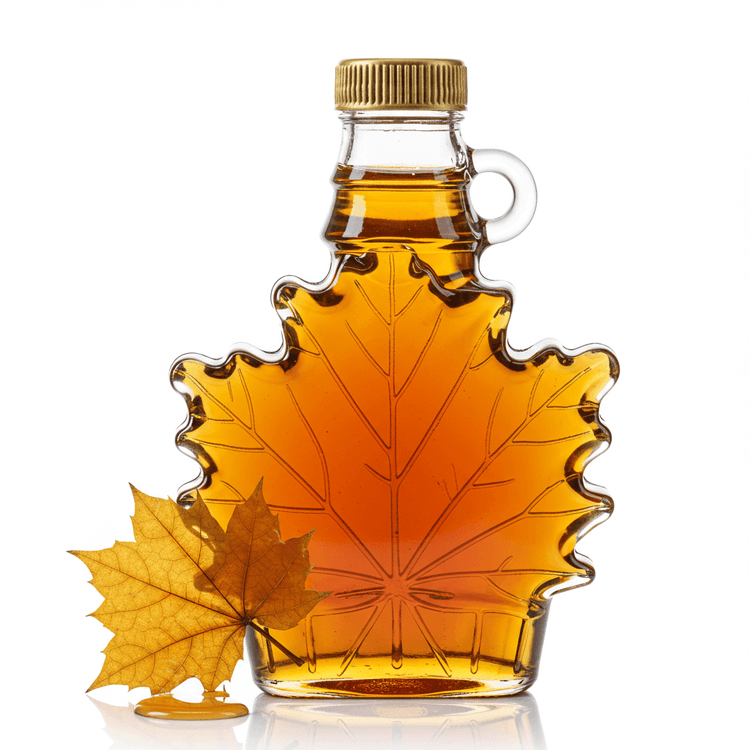
Fenugreek
Fenugreek is a versatile ingredient used both as a spice (seeds) and a herb (leaves). The seeds are small, hard, and yellowish-brown, offering a slightly bitter, maple-like flavor with nutty undertones. Fenugreek leaves, whether fresh or dried, have a more subtle, grassy taste. Both forms are widely employed in various cuisines for their distinctive aroma and flavor-enhancing properties, adding depth and complexity to dishes. When roasted or toasted, fenugreek seeds become less bitter and more aromatic, making them a popular addition to spice blends and culinary creations.
Common Uses
- Use fenugreek seeds to create complex curry powder blends for adding an authentic Indian flavor to your home-cooked curries. Roast the seeds lightly before grinding to enhance their aroma and reduce bitterness.
- Incorporate dried fenugreek leaves (kasuri methi) as a finishing touch to butter chicken or other creamy Indian dishes to impart a unique slightly bitter and aromatic flavor.
- Add sprouted fenugreek seeds to salads and sandwiches for a crunchy texture and a mildly bitter, nutrient-rich boost. Sprouting enhances digestibility and nutritional value.
- Employ ground fenugreek seeds as a natural thickening agent in stews, sauces, and soups. Their mucilaginous properties help create a smoother, more luscious consistency.
- Brew fenugreek seeds into a herbal tea for its purported health benefits, including digestive support and lactation promotion. Be mindful of the slightly bitter taste and consider adding honey or lemon.
- Utilize fenugreek leaves in dals and vegetable stir-fries to infuse a subtle herbal note and a boost of vitamins and minerals, enhancing both the flavor and nutritional profile of the dish.
Health Benefits
- May help regulate blood sugar levels, beneficial for those managing diabetes.
- Rich in fiber, which aids in digestion and promotes gut health.
- Can help boost breast milk production in lactating mothers.
- May help lower cholesterol levels, supporting heart health.
- Contains anti-inflammatory properties, potentially alleviating inflammatory conditions.
- Good source of iron, contributing to healthy red blood cell production.
Chefadora AI is here.
Experience smarter, stress-free cooking.
Storage Tips
Fenugreek seeds should be stored in an airtight container in a cool, dry, and dark place, away from direct sunlight and moisture. This will help maintain their flavor and potency for up to a year. Ground fenugreek should also be stored similarly, but its shelf life is shorter, around 6 months, so use it sooner for best results. Fenugreek leaves, whether fresh or dried, should also be kept in airtight containers to prevent moisture absorption and maintain their aroma and flavor.
Marnirni-apinthi Building, Lot Fourteen,
North Terrace, Adelaide, South Australia, 5000
Australia




